 |
| Mr. Kim Nyoun Ho, Chairman of the Korean Chamber of Commerce in Vietnam. |
In the face of global fluctuations, what are the priorities and strategic directions in the operations of large Korean corporations in Vietnam? And how does that reflect the current trend of Korean investment in Vietnam, sir?
Large Korean corporations in Vietnam are no longer simply maintaining their role as labor-intensive manufacturing facilities as before, but are strongly shifting to a high-value-added and long-term investment strategy. Instead of just taking advantage of cheap labor, they focus on exploiting the growth potential of the domestic market, consolidating their position as an important link in the global supply chain, investing in building research and development (R&D) capacity and applying advanced technology right in Vietnam.
Three prominent strategic trends can be identified as follows:
First, the shift to high-tech and high-value-added industries. Investment flows are expanding into key areas of the fourth industrial revolution such as semiconductors, artificial intelligence (AI), biotechnology and future transport technology.
Second, enhance production and R&D capacity in a localized manner. Enterprises develop products that meet the needs of Vietnamese consumers, establish R&D centers using local human resources, thereby improving local technological capacity.
Third, building a sustainable growth model. Corporations promote environmental, social and corporate governance (ESG) practices, apply environmentally friendly production processes, in line with the green development orientation of the Vietnamese Government and consider this a vital strategy for long-term growth.
Many foreign investors are making clear changes in strategy, reflecting the global investment trend shifting to green technology and sustainable supply chains. In that context, how are Korean enterprises in Vietnam adapting?
The global investment trend is rapidly shifting from low-cost production models to green, environmentally friendly technology and sustainable supply chain development. Korean enterprises are well aware of this movement and are proactively adjusting their strategies, expanding investments in green solutions, strengthening sustainable supply chains and raising ESG governance standards.
In Vietnam, the global investment trend is rapidly shifting from low-cost manufacturing to green technology and sustainable supply chain development. Labor-intensive manufacturing, which has already seen large-scale investment, remains the mainstay of the economy and the main source of supply for many global brands. However, many Korean companies have proactively diversified their investments into renewable energy, smart factories, IT solutions and environmentally friendly materials, seeking new growth drivers.
The Vietnamese government’s carbon neutrality goals and the promotion of renewable energy have opened up great opportunities for Korean companies in the solar and wind power sectors. Faced with increasing demands for supply chain stability and sustainability, Korean companies are improving production efficiency, increasing the use of environmentally friendly materials, and promoting ESG practices. These shifts show that they are not only pursuing cost reduction goals, but also focusing on creating value for long-term growth.
In your opinion, what does the momentum from local government policies mean to the Korean business community and investors in Vietnam, especially in the face of recent strategic resolutions on science and technology , innovation, digital transformation, international integration, legal reform and private economic development?
For Korean businesses and investors, policy incentives from local governments play a particularly important role. Although government guidance is fundamental, the most direct impact on business operations lies in the determination to implement, management efficiency and flexibility of local governments.
The recently issued strategic resolutions on science, technology, innovation, digital transformation, international integration, legal reform and private economic development are considered important guidelines, opening up new growth drivers for Vietnam. Korean enterprises expect that these orientations will soon be concretized through incentive packages, effective administrative support and ensuring legal transparency at the local level.
When local authorities clearly define strategic goals, build a specific roadmap and resolutely create a friendly business environment through investment in digital transformation infrastructure, tax incentives for innovative enterprises, or high-quality human resource training programs, foreign investment attraction will increase sharply, creating conditions for Korean enterprises to expand operations and make long-term investments.
Besides positive growth prospects, what challenges do Korean businesses in Vietnam face and what are their expectations for upcoming changes in the legal framework?
Despite the positive outlook, Korean enterprises in Vietnam still face many challenges such as unstable legal framework and administrative procedures; infrastructure that has not met development requirements, especially the limited logistics and transportation systems, along with unstable power supply; shortage of skilled labor and pressure on increasing labor costs remain major challenges.
In addition, competitive pressure is increasingly fierce. The attractiveness of the Vietnamese market has attracted not only Korean enterprises, but also many investors from around the world, making the business environment more vibrant, but also more fierce than ever.
To overcome the above challenges, the Korean business community in Vietnam expects some important legal changes. First of all, it is to improve the transparency and predictability of the law. This is a key factor to help businesses plan long-term strategies and make accurate investment decisions.
At the same time, it is necessary to simplify and improve the efficiency of administrative procedures. Reducing the complexity of licensing, shortening processing time and expanding electronic administrative services will contribute to significantly reducing the burden on businesses. In particular, the one-stop service system needs to be operated effectively.
The Korean business community wants to expand and maintain foreign investment incentives for sectors prioritized by the Vietnamese Government such as green technology and high technology. At the same time, incentive policies need to ensure long-term stability to strengthen confidence and encourage sustainable capital flows.
Protection of intellectual property rights needs to be strengthened. There needs to be a legal mechanism that is strong enough to prevent technology leakage, handle counterfeit and pirated goods, and effectively protect the intellectual property of enterprises.
Source: https://baodautu.vn/ba-dinh-huong-chien-luoc-cua-nha-dau-tu-han-quoc-tai-viet-nam-d386576.html


![[Photo] Students of Binh Minh Primary School enjoy the full moon festival, receiving the joys of childhood](https://vphoto.vietnam.vn/thumb/1200x675/vietnam/resource/IMAGE/2025/10/3/8cf8abef22fe4471be400a818912cb85)



![[Photo] Prime Minister Pham Minh Chinh chairs meeting to deploy overcoming consequences of storm No. 10](https://vphoto.vietnam.vn/thumb/1200x675/vietnam/resource/IMAGE/2025/10/3/544f420dcc844463898fcbef46247d16)


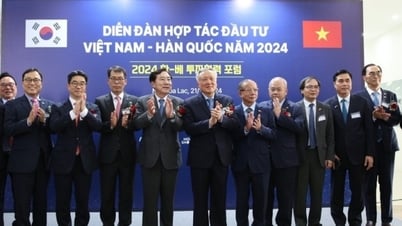

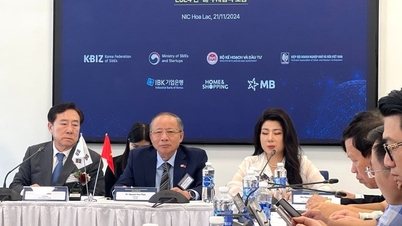

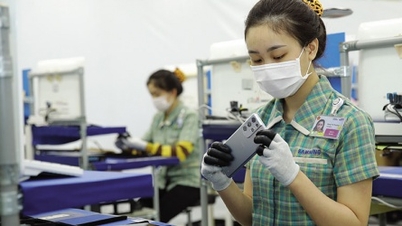
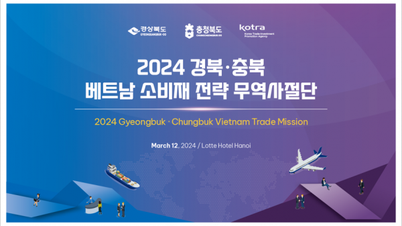





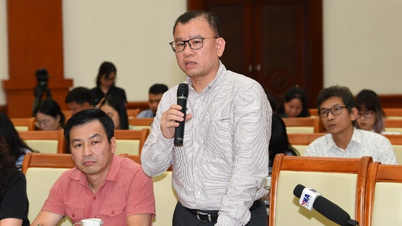


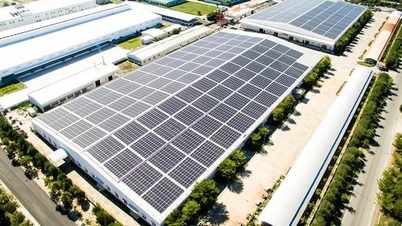







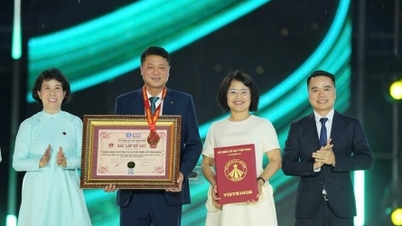
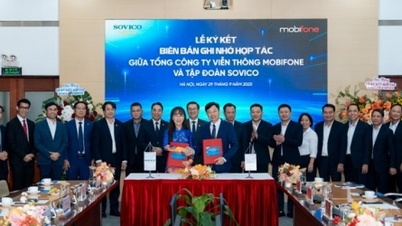
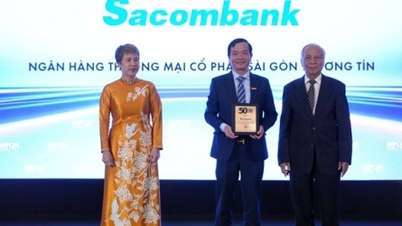


















































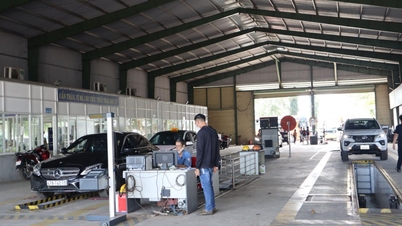



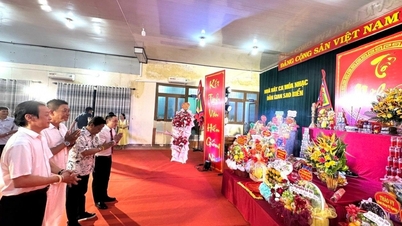












Comment (0)